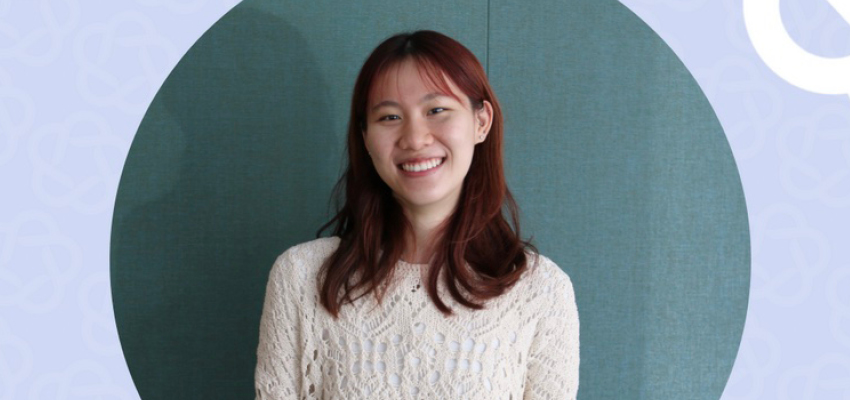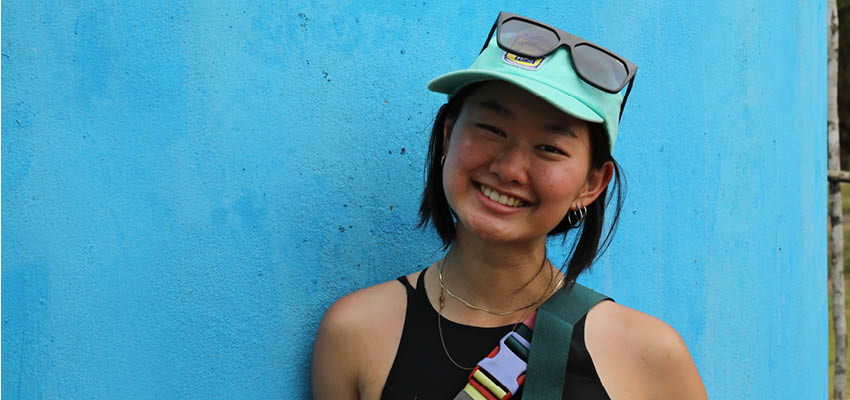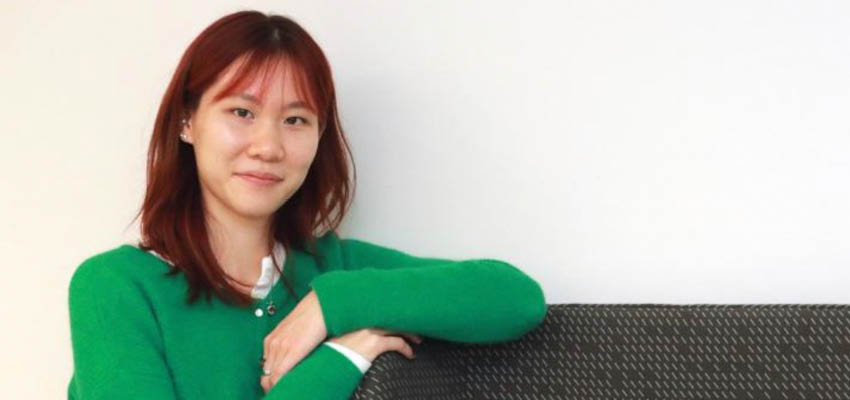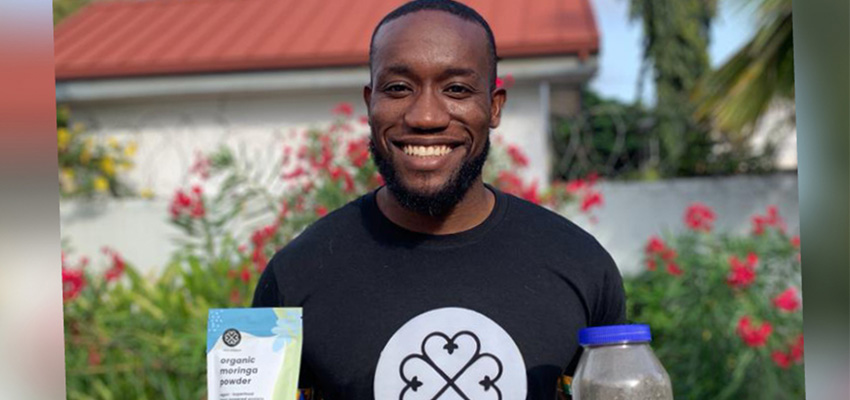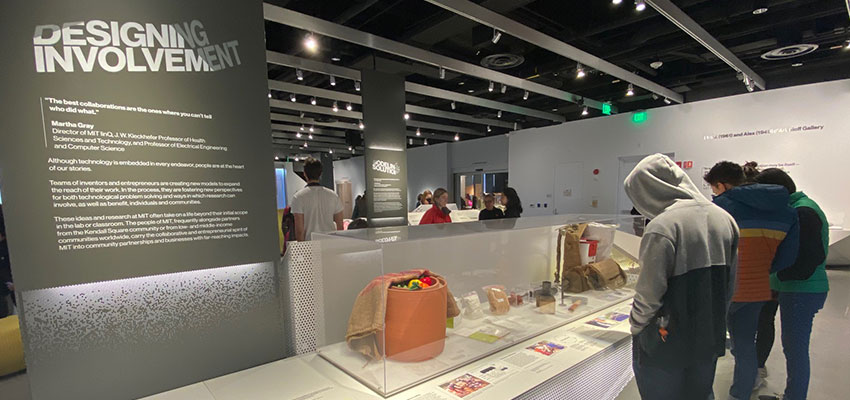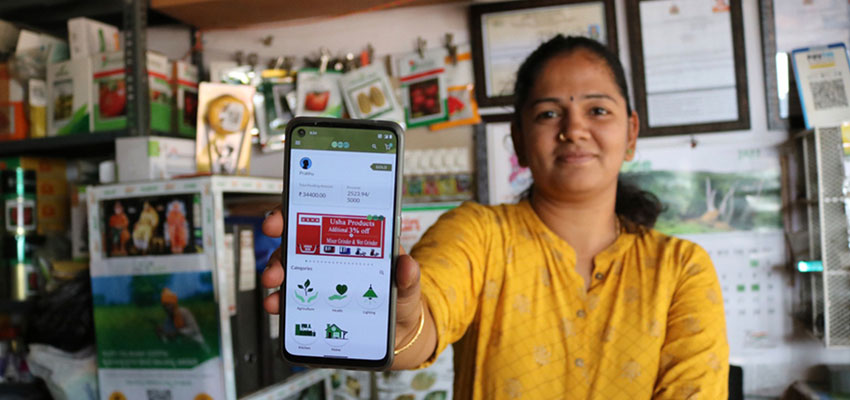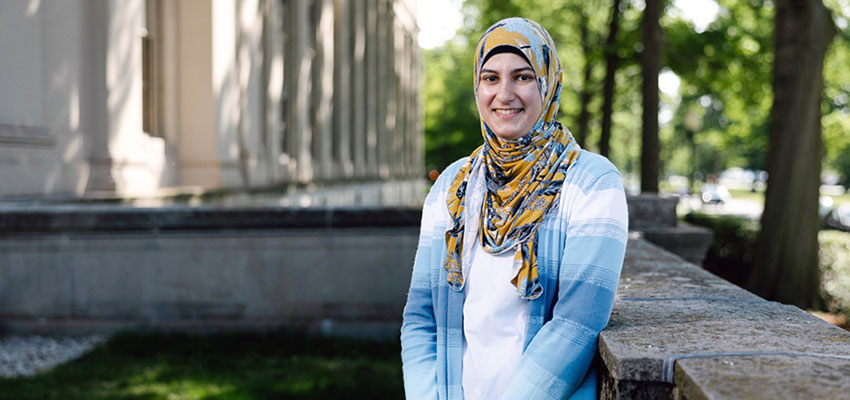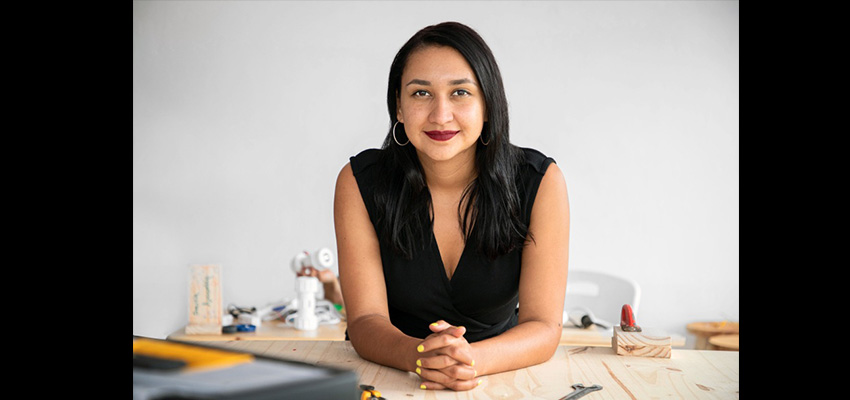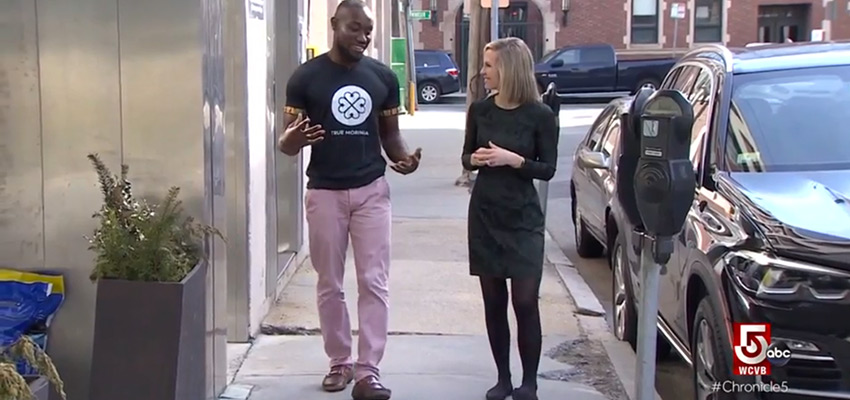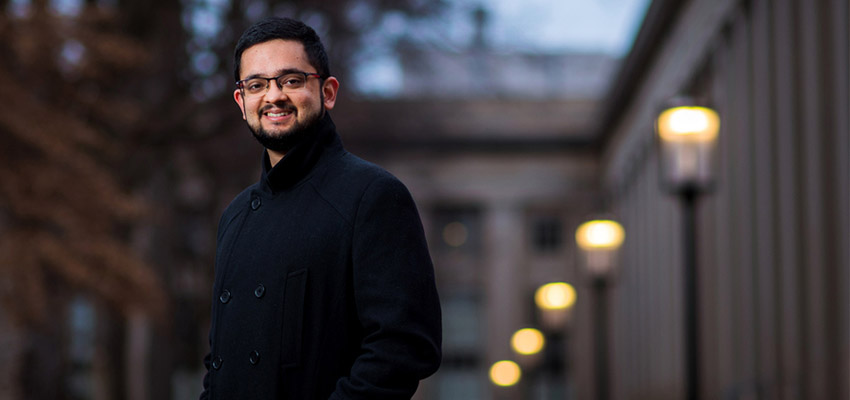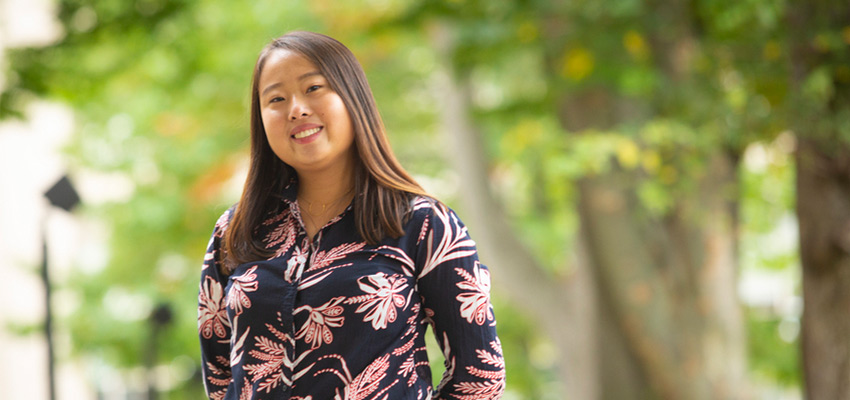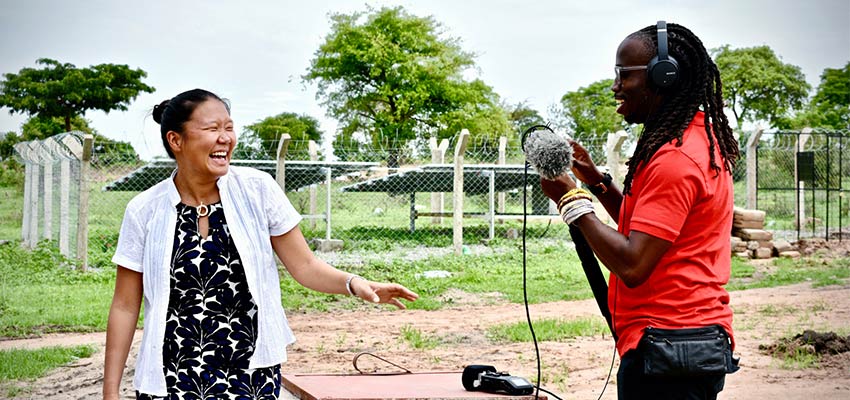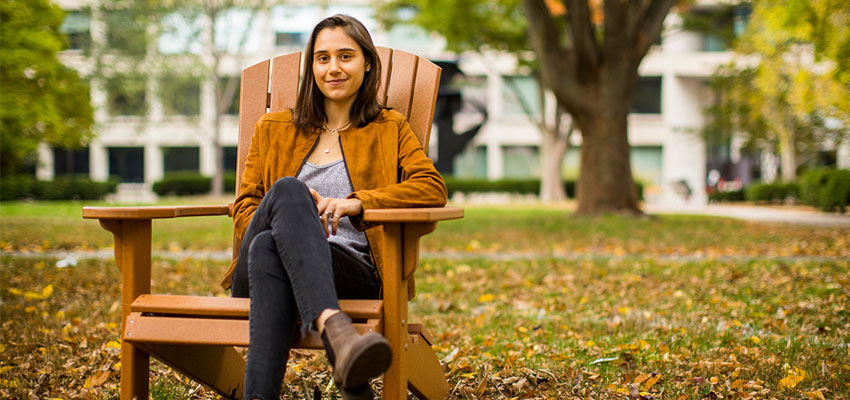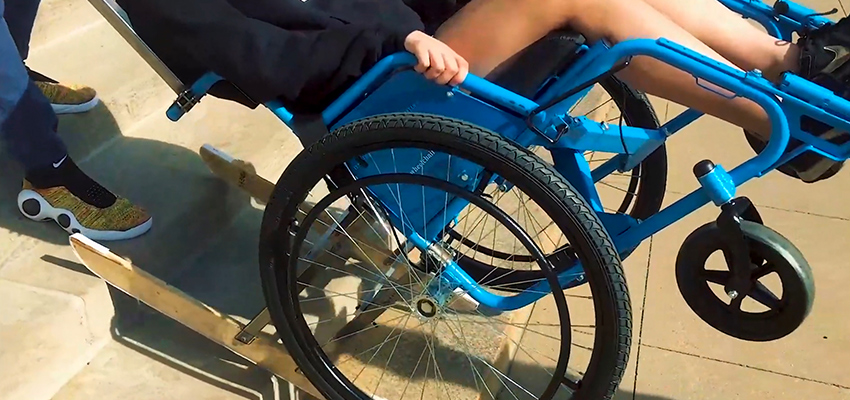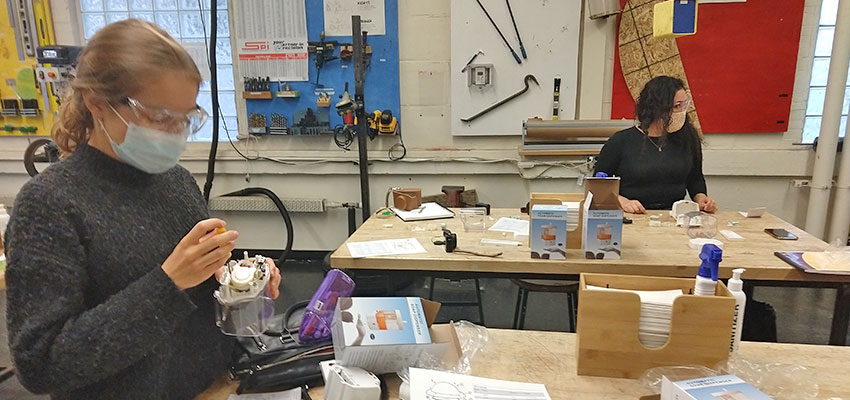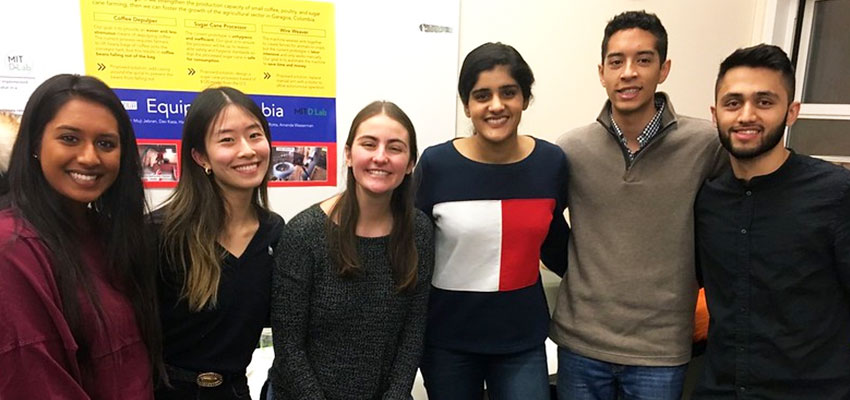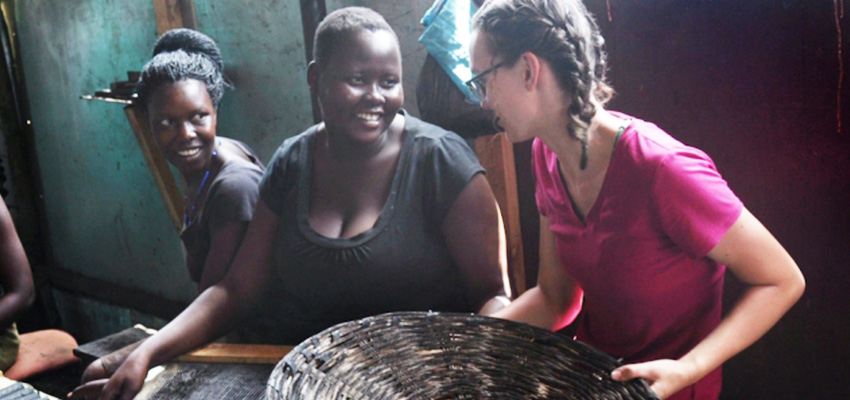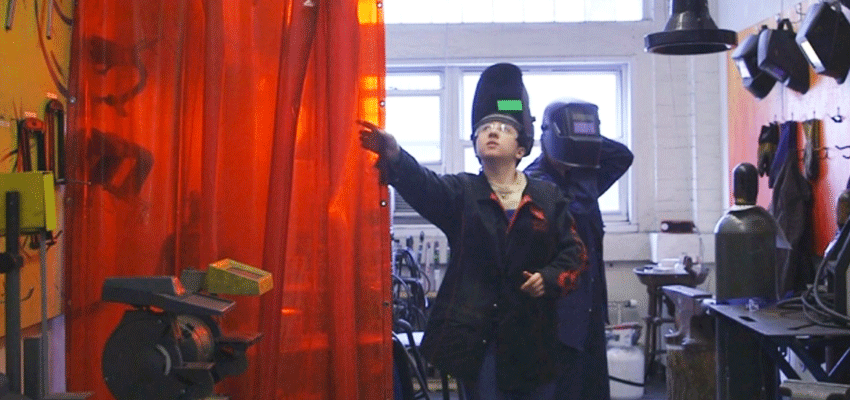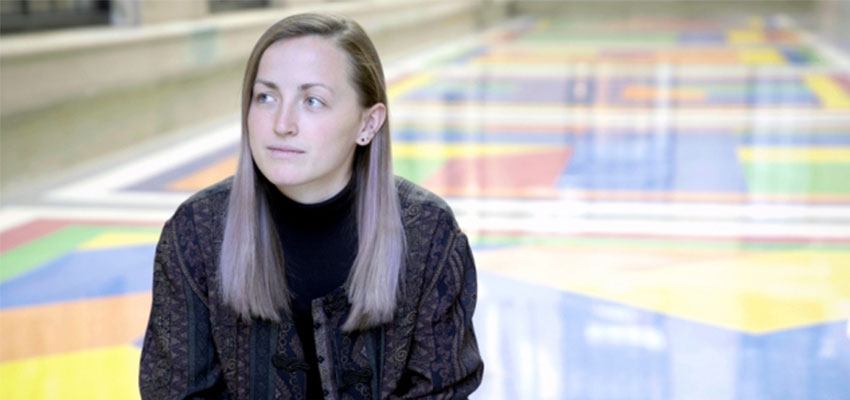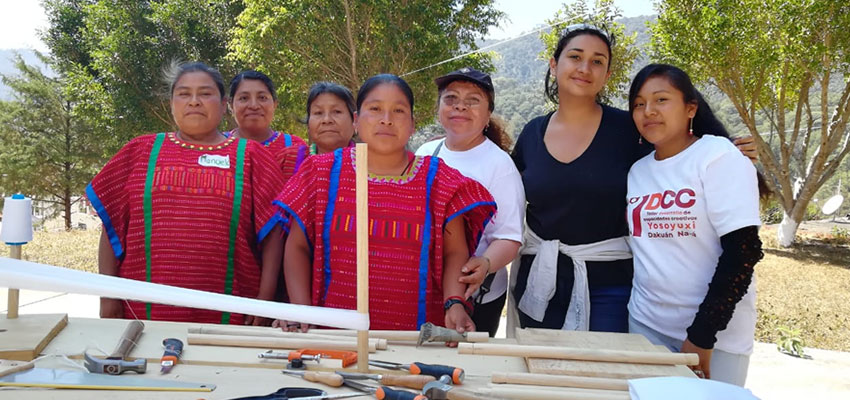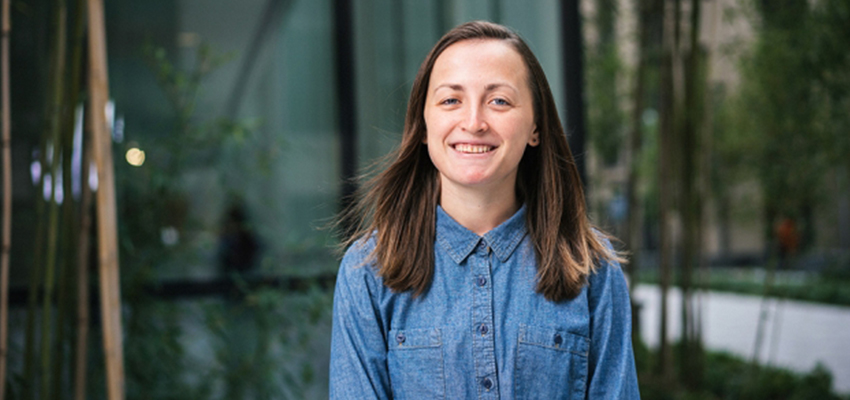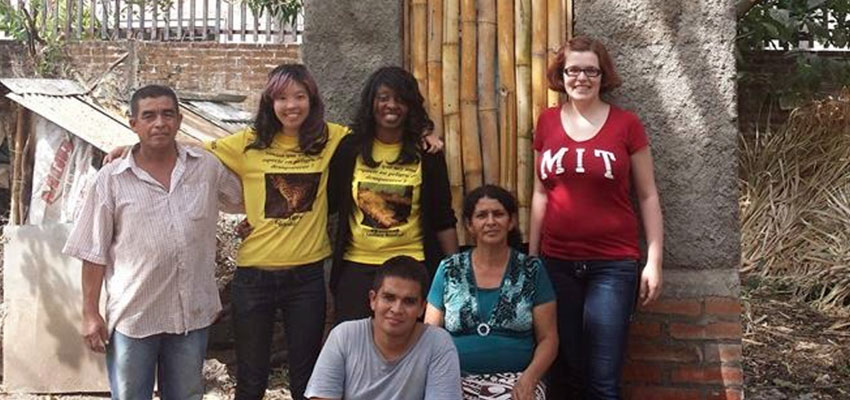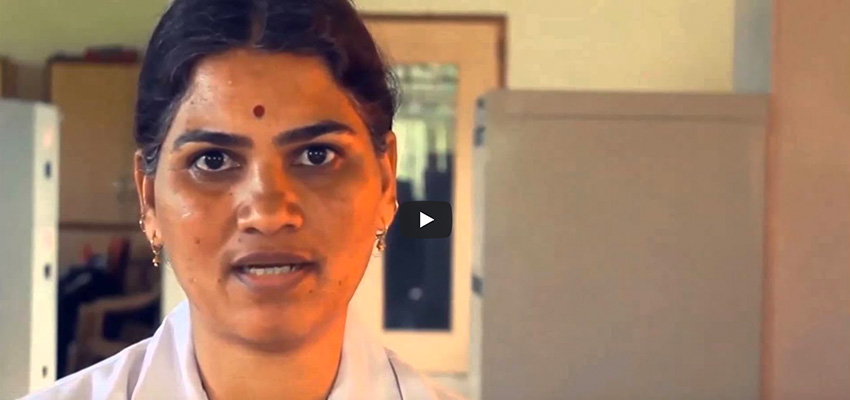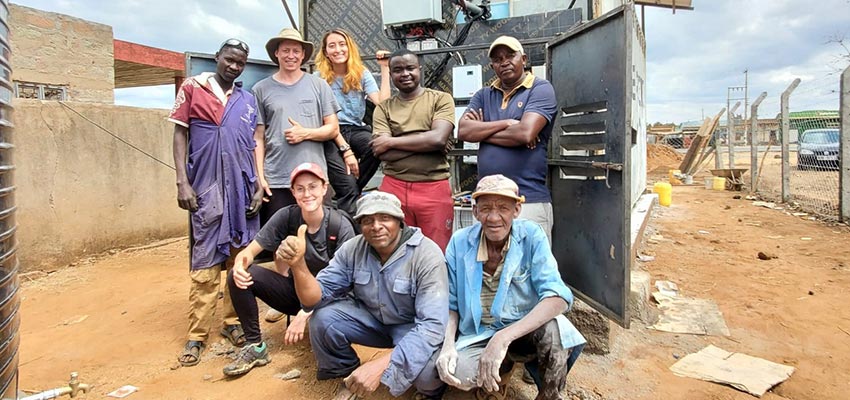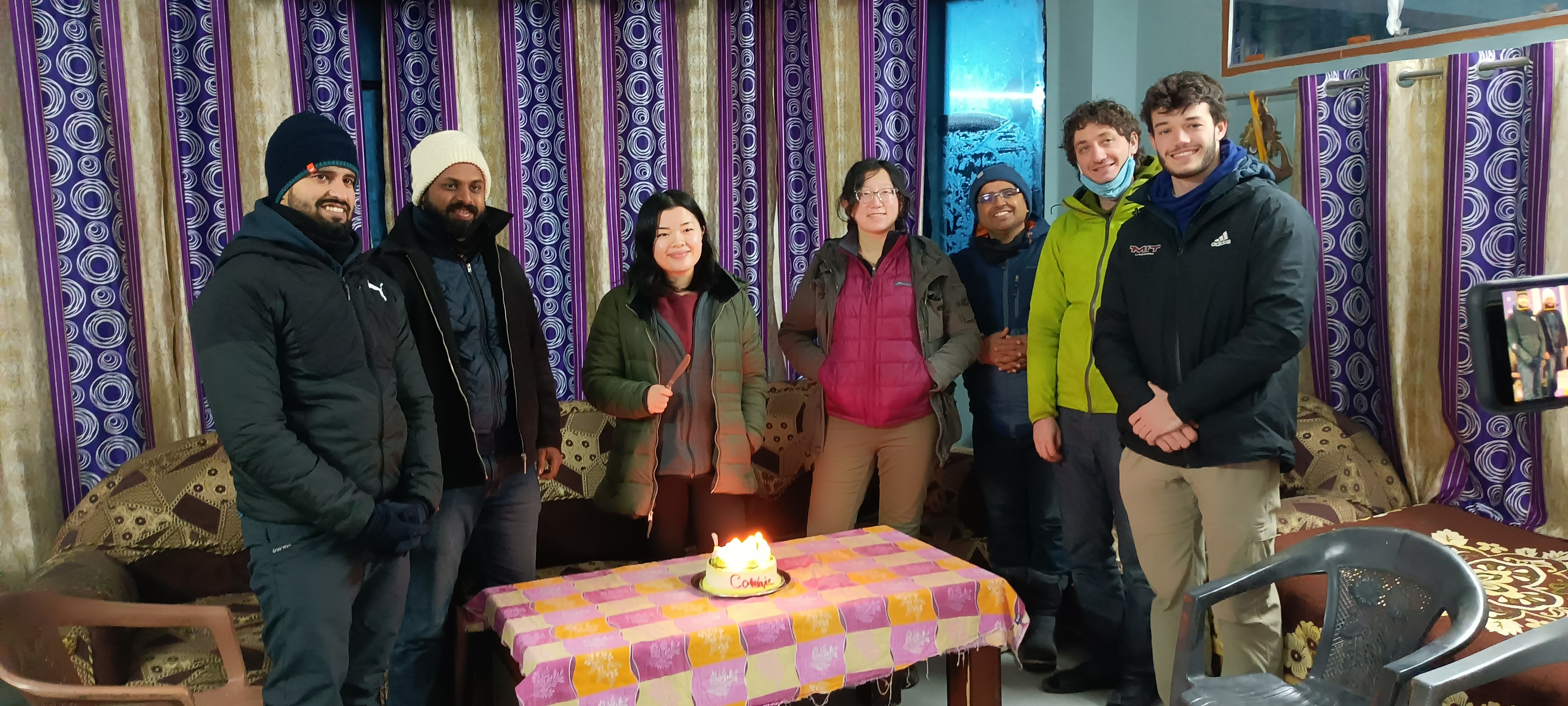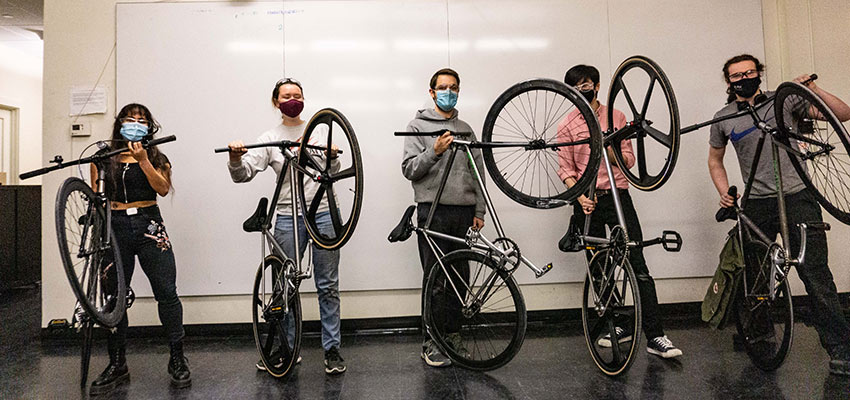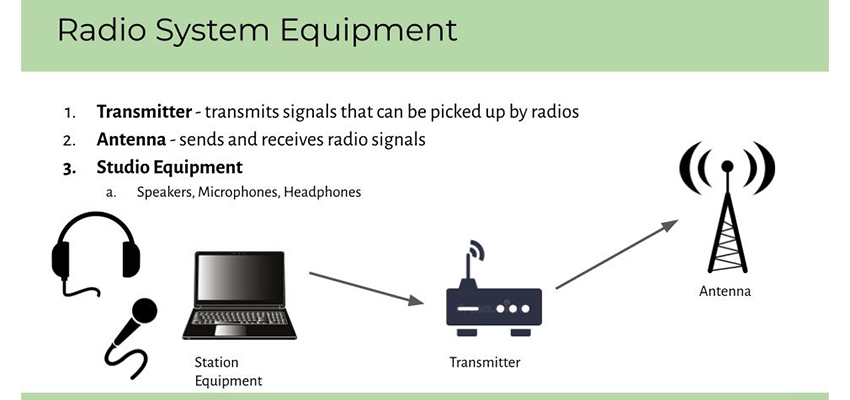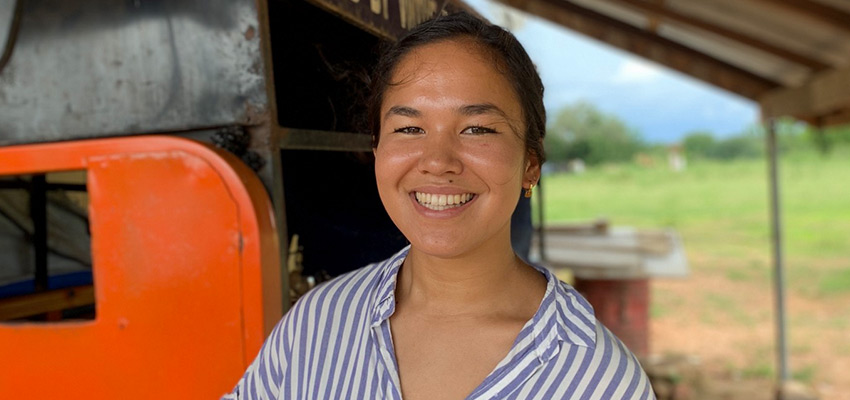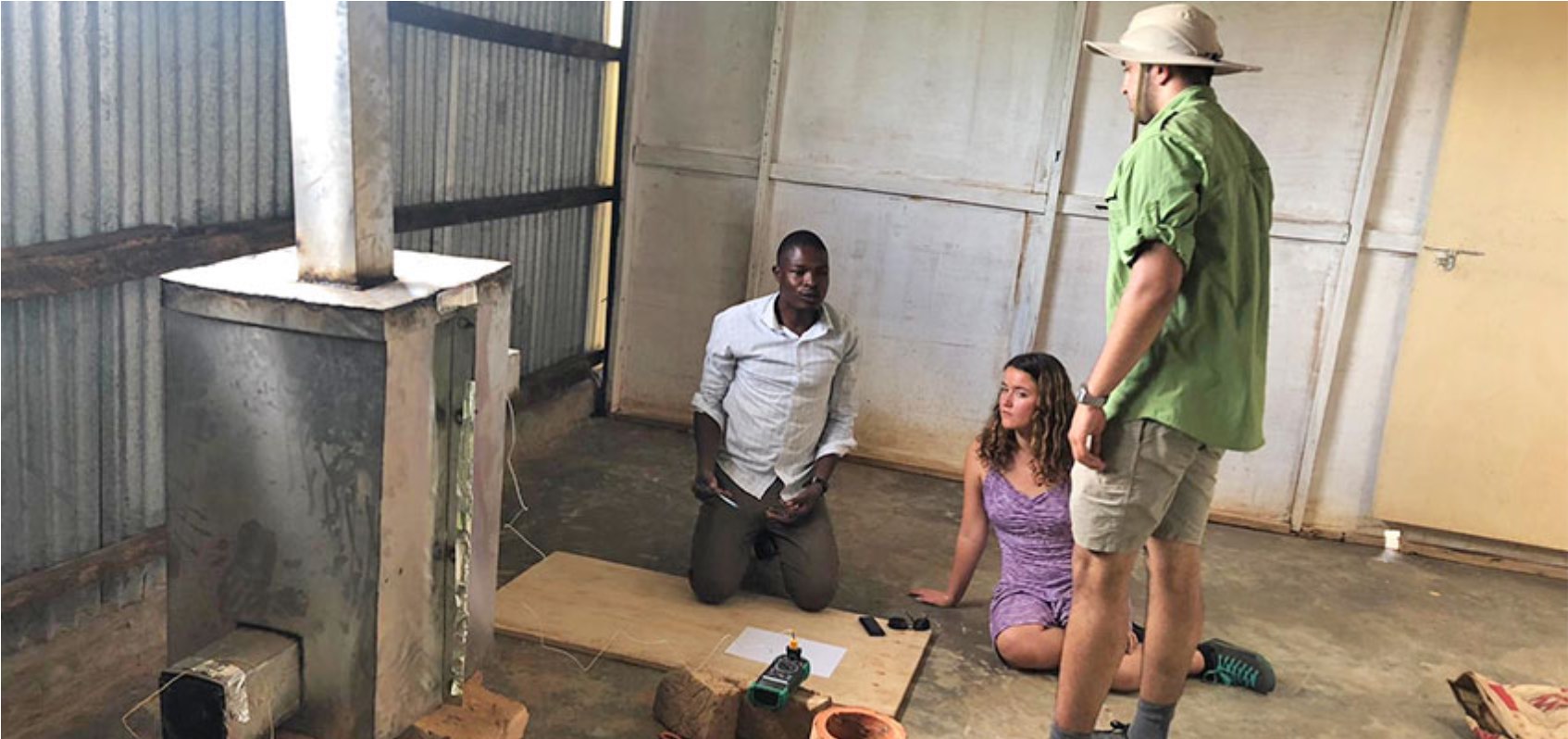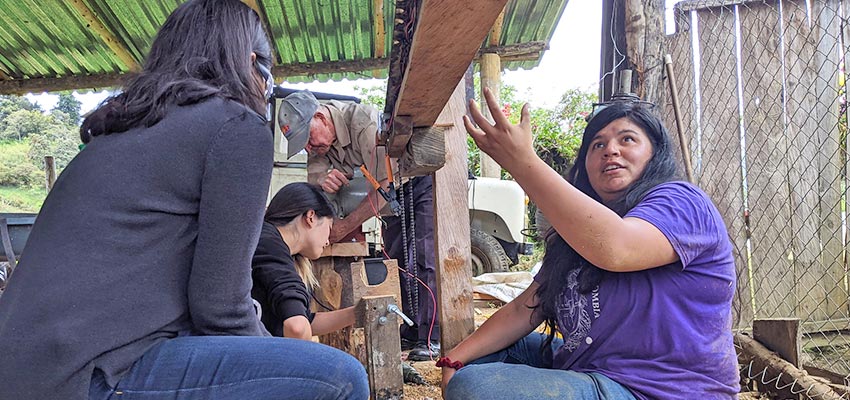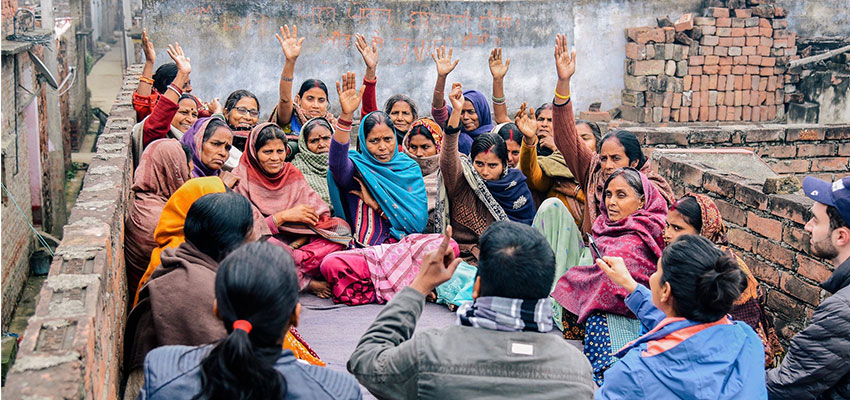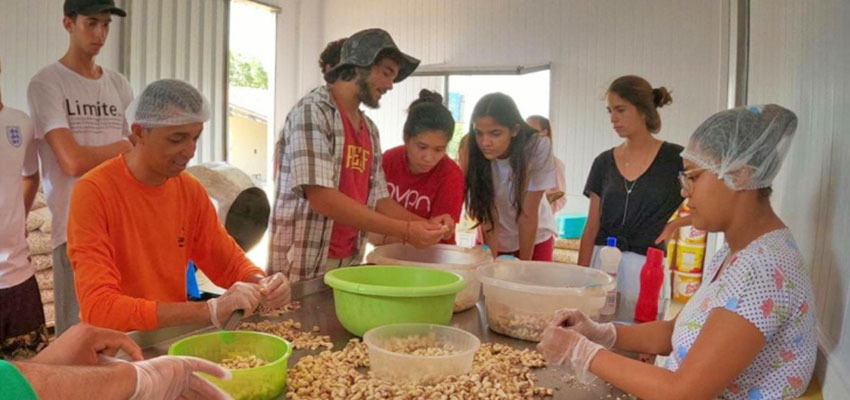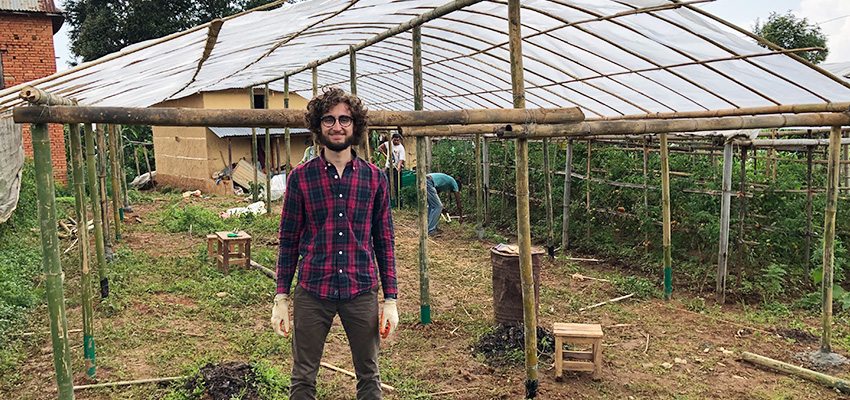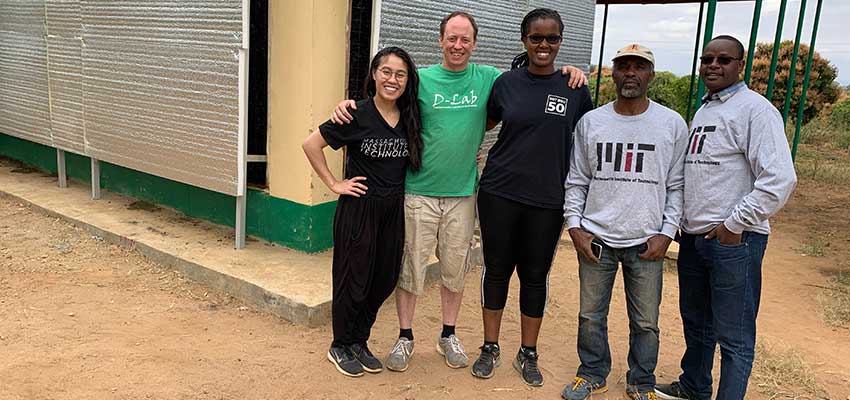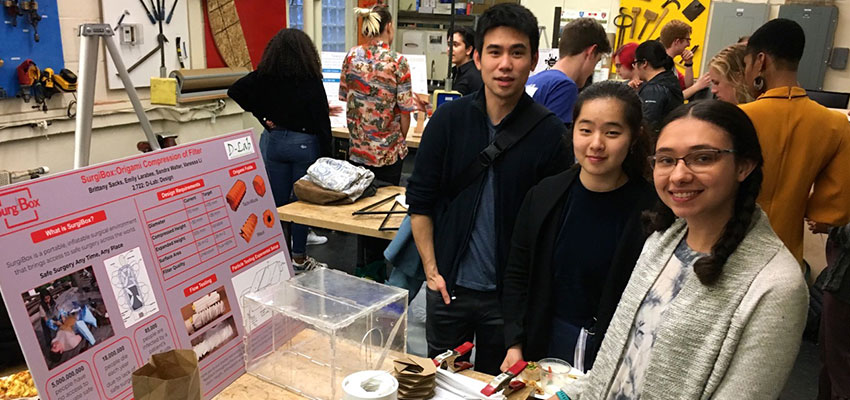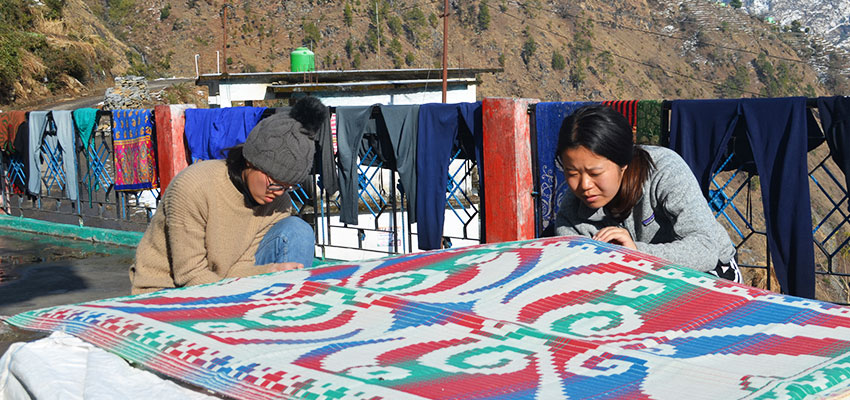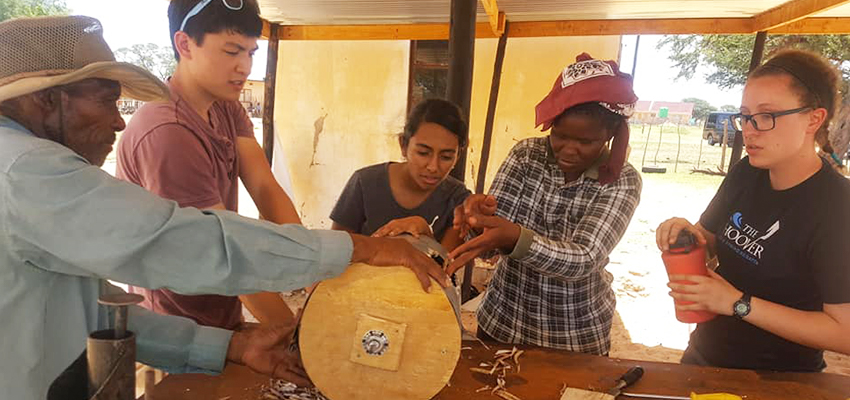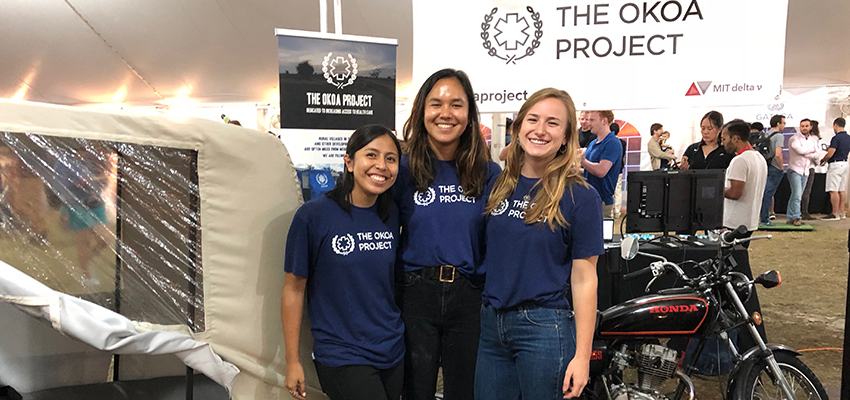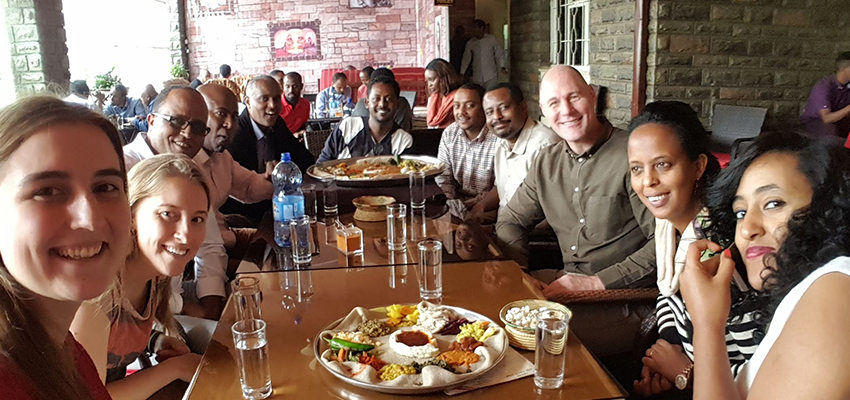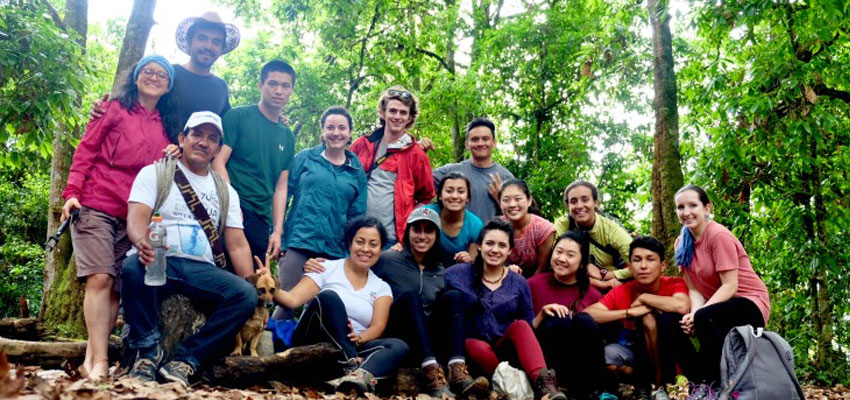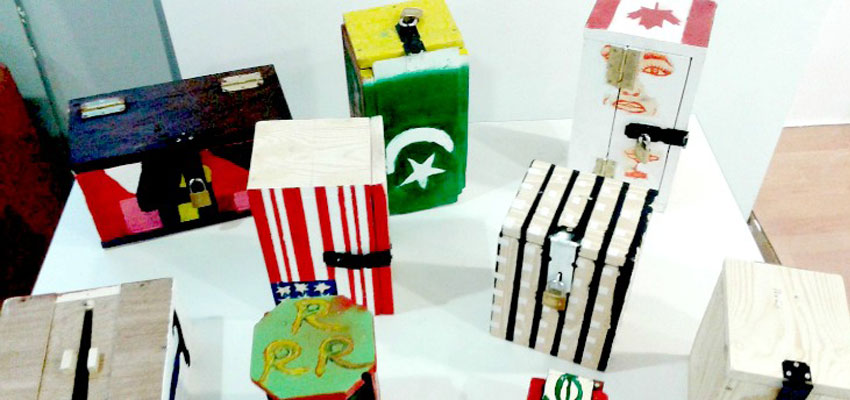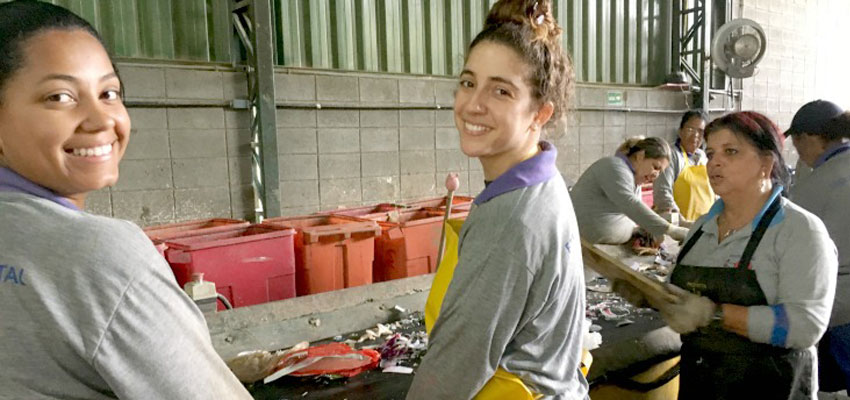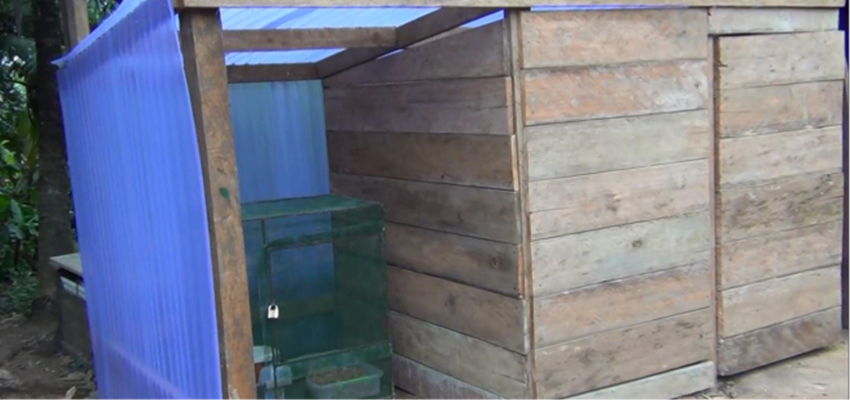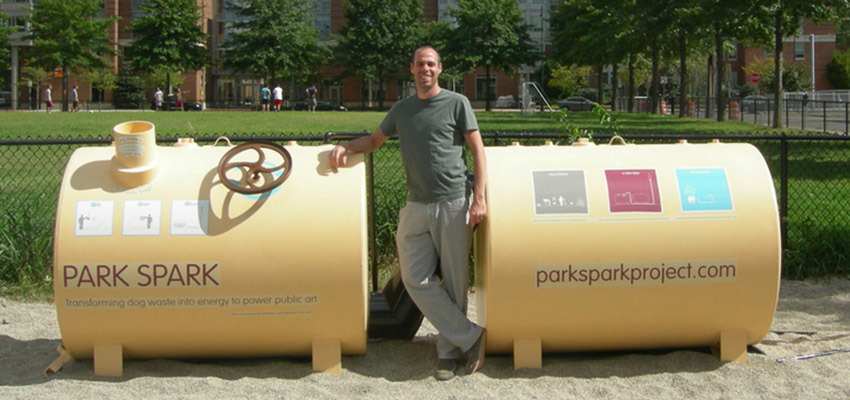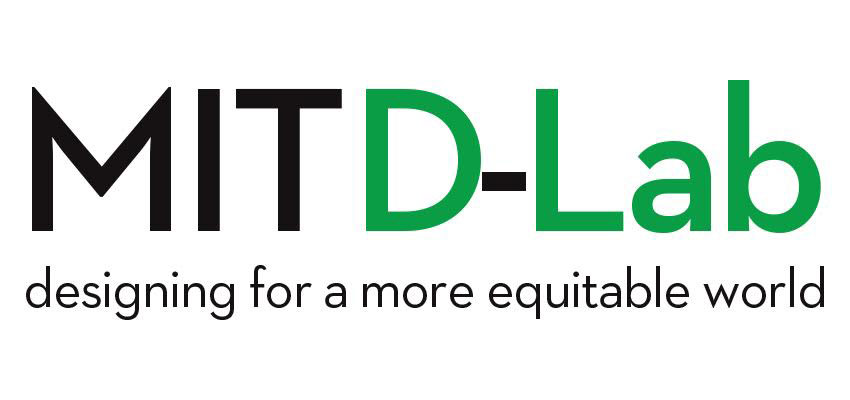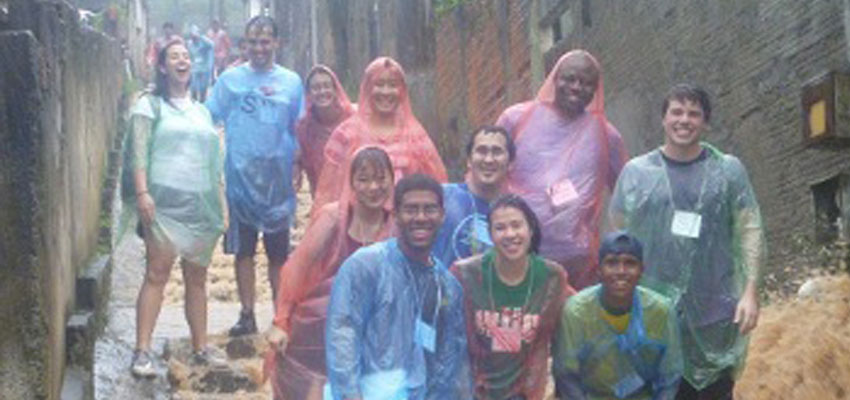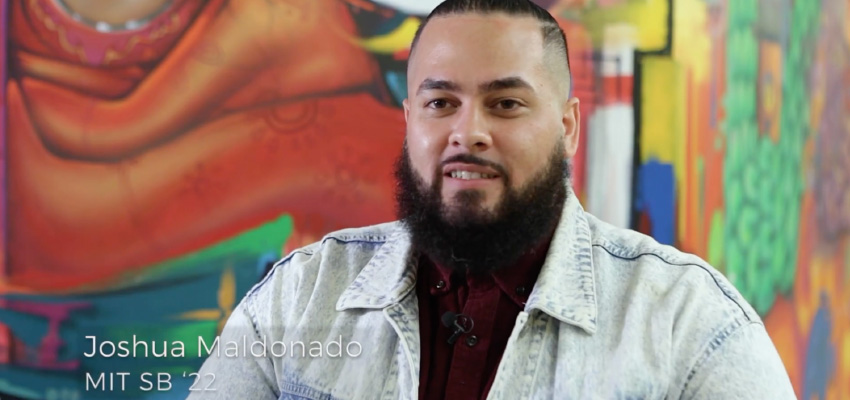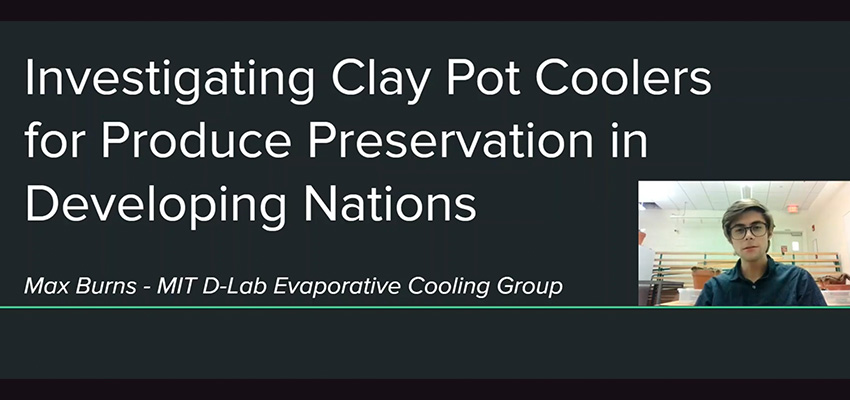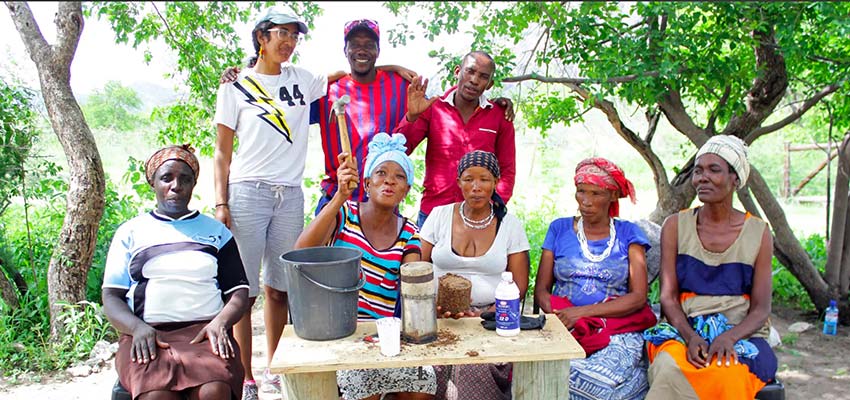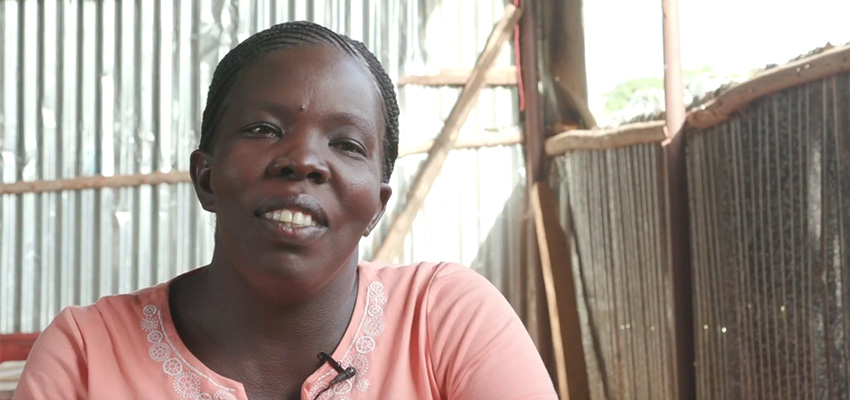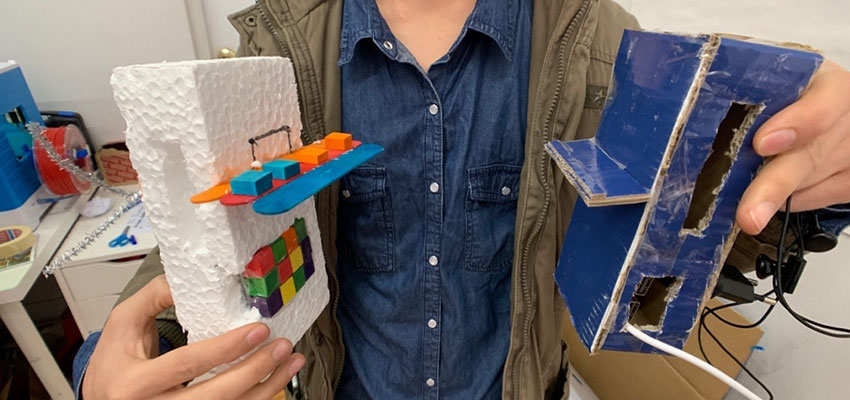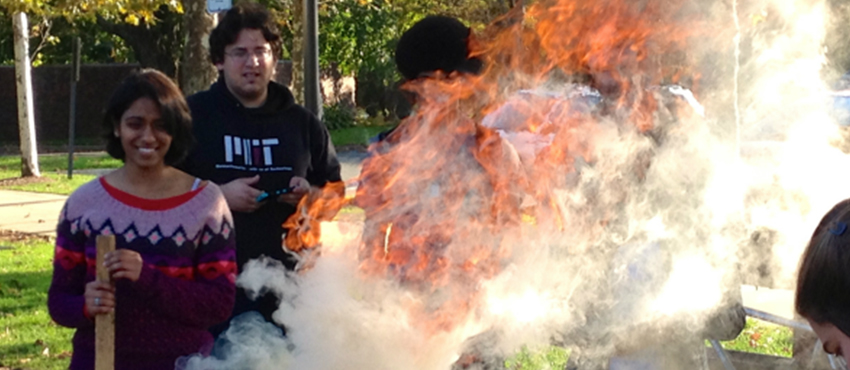
Through hands-on projects in real-world settings, D-Lab students can make a difference in the lives of people living in poverty. They give real substance to the MIT commitment to solve hard problems in service to the world.
At MIT D-Lab, academics means a lot more than classroom learning and p-sets. Why take a D-Lab class?
Real-world projects
D-Lab class team projects are defined by community partners and social ventures around the world - we don't always know what is needed, but they do; and you, the student, have technical knowledge and skills to contribute to that work. Rest assured, we didn't make up the projects ourselves, and we assume no spherical cows at D-Lab. You won't create something we never think about again after the semester ends. Your work here matters. Find out more about recent student projects here.
Real-world teaching
D-Lab courses are taught by faculty and lecturers from across the Institute – from engineering to architecture and planning to management. At the same time, our classes feature instructors from a rich range of backgrounds – an instructor could be a social entrepreneur, an industrial designer, a humanitarian aid worker, a public school teacher, an engineer, a social scientist, or a coastal ecologist. Our instructors have taken many paths through their careers and bring complex, fascinating work and life experiences to the classroom.
Hands-on engineering
We think everyone should be able to make things and feel good about it. It's a core idea driving our participatory methodology in the field, and it's just as important within the MIT community (Mens et Manus, anyone?). We don’t want to just tell you about what something’s like – we want you to try something for yourself. That ranges from experiencing water scarcity to building a rainwater harvesting device in our shop. Over 75% of our classes include shop training, and you can join our community and make things even if you're not registered for a class.
Fieldwork
Service learning is fantastic - but that's not what we do. We believe that treating a travel opportunity purely as a learning experience does a disservice to both the student and the receiving community. Like we said, our students work on real stuff that has real consequences. Prepare to engage in intensive preparation for your travel and participate in active, ongoing field research and projects with our staff. Expect to live with host families and experience life as it’s really lived in your destination, not in a hotel. Be ready to come back transformed (check out the article "Traveling Teaches Students in a Way Schools Can't" in The Atlantic). Approximately 60 to 70 students travel to the field every year, and we’re always finding ways to send more. Read more.
Diverse students & alumni
We enroll students from every part of MIT, and expertise and interest diversity makes for strong interdisciplinary teams. MIT as a whole has done a great job enrolling women, but we do even better: 70% of our students are women. Our students come from around the world and speak a wide array of languages. We could not accomplish the work we do without the diverse backgrounds and experiences of our student body.
Sense of purpose ... and humility
We believe in optimism, not cynicism, and that belief is passed on from the people we work with around the world. At D-Lab, you will learn the principles of respectful cross-cultural communication and gain a deep appreciation for local, indigenous, and self-taught knowledge. You’ll have opportunities to examine your world views and those of the people you meet in a spirit of critique and self-improvement. Finally, you’ll be energized to pass on what you see and learn to others when you return to MIT.
We're nice
MIT is a big place. Our instructors and staff go out of their way to get to know you. D-Lab has classrooms; a shop with hand tools, welding, and wood and project rooms; offices; a kitchen; and a library/lounge. We like students to hang around, do homework, and make things in the shop just for fun. And thanks to the intensive, thoughtful nature of our fieldwork trips, many of our students, staff, and community partners form friendships and working collaborations that extend long past commencement.
People
Maria Yang, Faculty Director for Academics
Libby Hsu, Associate Director of Academics


